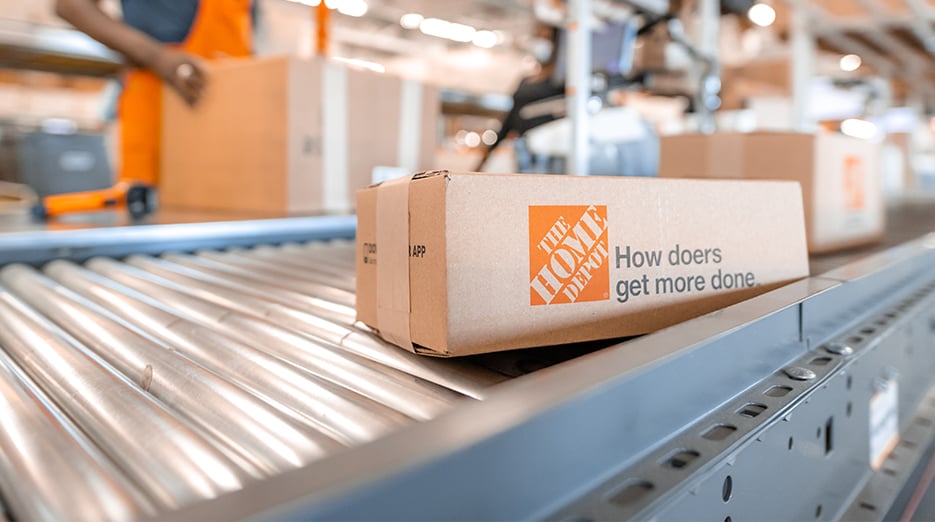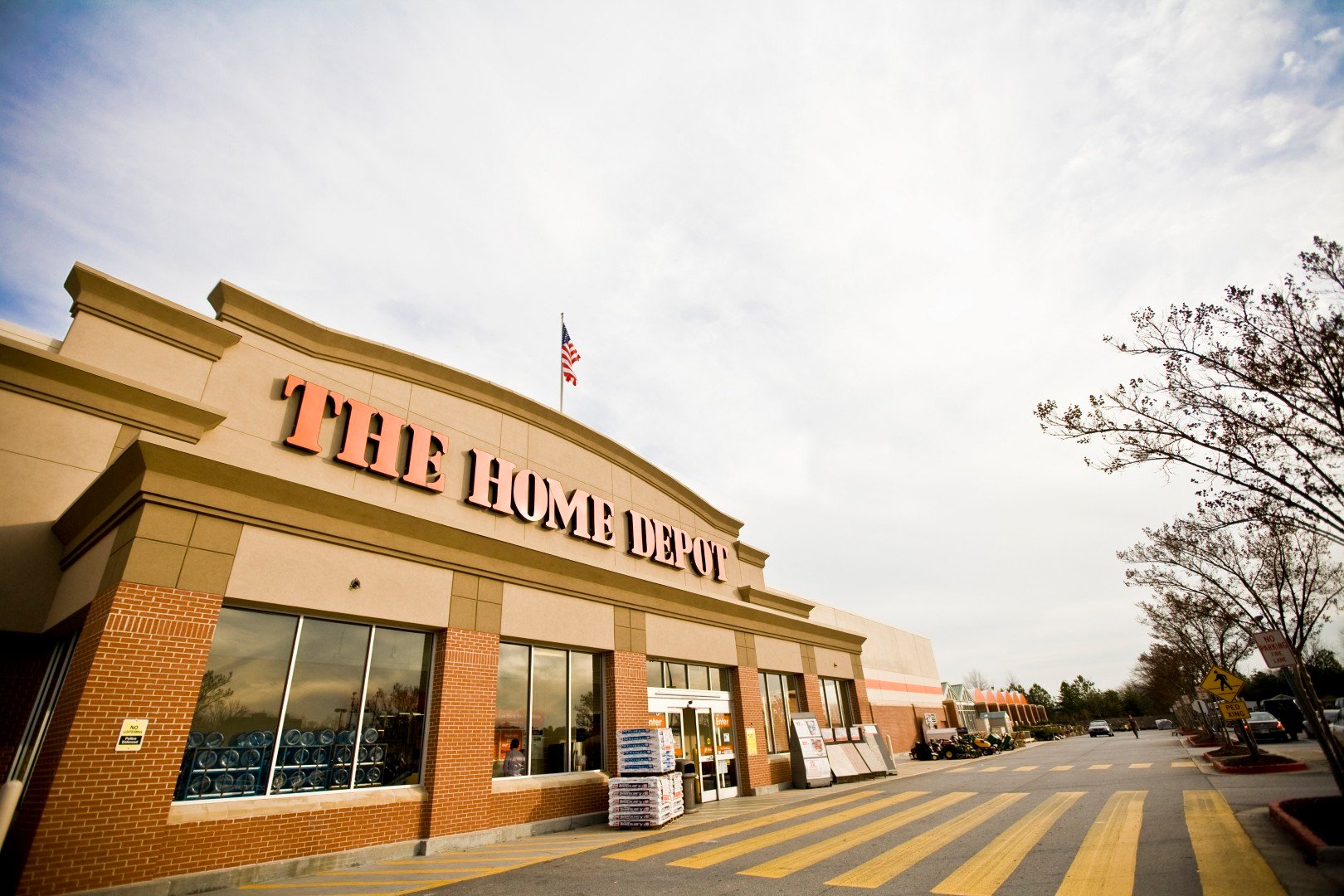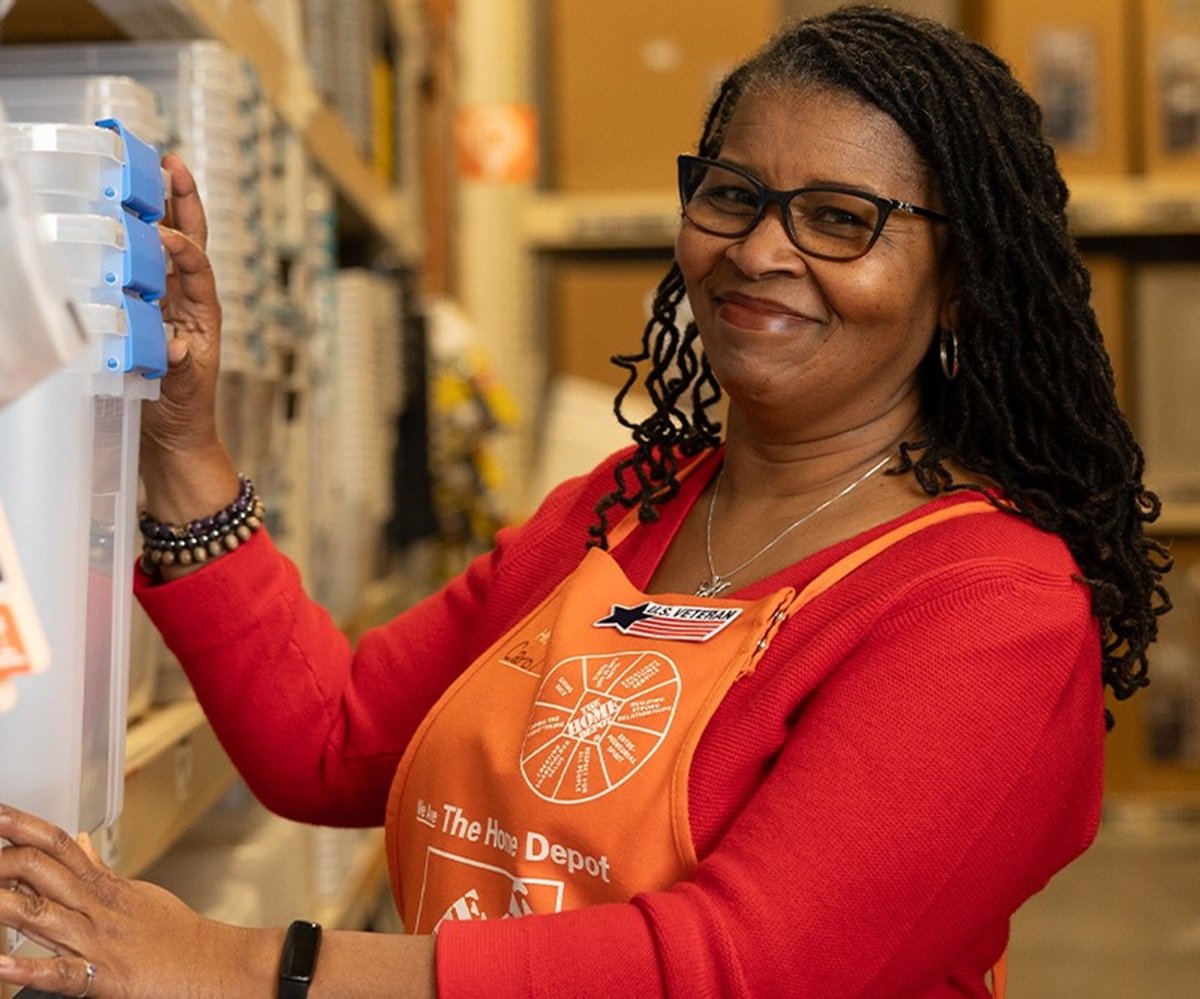The coronavirus pandemic has taken its toll on people's health, obviously, and this is everyone's primary concern. However, efforts to slow its spread have also wreaked havoc on the economic health of many countries, including the U.S., causing concern among investors. The financial well being of Lowe's (LOW +1.38%) and Home Depot (HD +0.08%) is closely tied to that of the overall economy. As such, each company's stock price has taken a hit, dropping about 22% and 18%, respectively, just since the start of March.
Both are reliant on the United States for the bulk of their revenue, representing 93% of Lowe's and 92% of Home Depot's fiscal 2019 sales. With unemployment claims skyrocketing to over 3.3 million for the week that ended on March 21, clearly, the virus is hurting the domestic economy.
While Lowe's and Home Depot's revenue is likely to be negatively affected by people pausing home purchases and major projects, there are reasons investors should feel optimistic.

Image source: Getty Images.
Small projects continue
Both home improvement retailers have been classified as offering essential products and managed to keep their stores open during the COVID-19 pandemic. That alone puts these retailers ahead of many others that have been forced to close as part of efforts to minimize the spread of the virus.
Lowe's CEO Marvin Ellison recently stated in a Forbes interview that his company was holding its own as many people forced to stay at home have opted to instead work on home projects that they previously hadn't had time to start or complete. That's likely the case at Home Depot, too, since the retailers sell very similar types of merchandise.
There are all kinds of things homeowners typically put off due to a lack of time. Now, people can finally start crossing things off of their to-do lists, and it appears they are doing so. Perhaps it's a way to keep busy, but consumers are nonetheless buying items such as paint, tools, and even refrigerators from the two home-improvement retailers.
Bigger projects merely delayed
Each retailer appeals to do-it-yourself customers, who are more apt to work on smaller projects, as well as professional contractors who are likely hired for major work. There are also do-it-for-me customers who purchase a variety of installation services from Home Depot or Lowe's, which also helps drive product sales. These include products such as flooring, countertops, cabinets, and windows.
It's these bigger projects that homeowners are likely to put off. First, people likely don't want to let contractors into their homes in an effort to mitigate human contact and the spread of the virus. Second, they don't want to shop for major items that require lengthy conversations with employees about installations, etc. Lastly, if people are out of work, they're not likely to take on major renovations and are instead saving their money for necessities.
However, the good news is, people tend to do the work eventually. You can only delay and patch some work, such as a roof, for so long. Other projects, such as remodeling a kitchen, are trickier since they're more discretionary. Homeowners may put this off for a while, but not forever. In the meantime, consumers are no doubt planning and researching what they want and need to buy when they are back at work.
Looking at the last economic downturn as a measure of comparison, Lowe's GAAP earnings per share (EPS) went from $1.98 in fiscal 2006 down to $1.21 in fiscal 2009, when it started reporting annual top- and bottom-line increases.
Home Depot's fiscal 2006 EPS was $2.55 and hit a nadir of $1.37 in fiscal 2008. It also began a run of annual sales and earnings increases.
Fast-forward to the present, and Lowe's and Home Depot have both done spectacularly well. Lowe's fiscal 2019 (ended Jan. 31, 2020) sales were $72.1 billion compared to fiscal 2006's $46.9 billion, and its 2019 EPS was $5.49. Home Depot's fiscal 2019 (ended Feb. 2, 2020) top line reached $110.2 billion versus fiscal 2006's $79 billion, and it earned $10.25 a share last year.
Naturally, history may not repeat itself in exactly the same way, but it does show both companies' resilience. With both keeping their doors open, Home Depot and Lowe's are continuing to sell merchandise, blunting some of the impact other retailers are feeling. This likely won't prevent choppy waters, but I would expect each company to roar back when housing sales and major renovations rebound.







